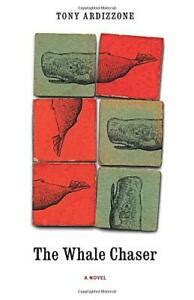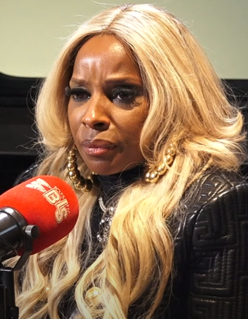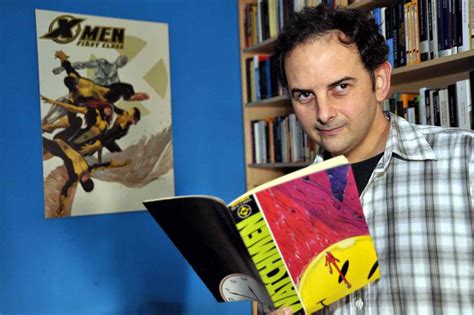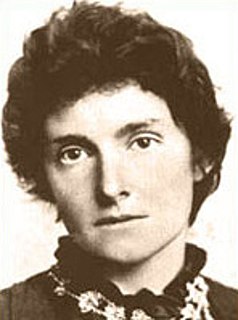A Quote by Tony Ardizzone
The best and only true history we have. Everyone interested in creative writing should know this book.
Related Quotes
I know well enough that very few people who are supposedly interested in writing are interested in writing well. They are interested in publishing something, and if possible in making a "killing." They are interested in being a writer not in writing. . . If this is what you are interested in, I am not going to be much use to you.
I get letters from two kinds of readers. History buffs, who love to read history and biography for fun, and then kids who want to be writers but who rarely come out and say so in their letters. You can tell by the questions they ask - How did you get your ?rst book published? How long do you spend on a book? So I guess those are the readers that I'm writing for - kids who enjoy that kind of book, because they're interested in history, in other people's lives, in what has happened in the world. I believe that they're the ones who are going to be the movers and shakers.
I think everyone should understand history of segregation the same way we had to go to school and read about George Washington. I believe this generation should know their history and they should know that the struggle's not over yet. For instance, you can't get the cover of a magazine if your skin is too dark.
I have a philosophy that white people would be interested in Native Americans because, first of all, it's probably the only group as a country we all study and know the history and then never study again past the age of 10. So I think we have these things we believe are true, that are just not true about what an audience wants.
Don't you think it's rather nice to think that we're in a book that God's writing? If I were writing a book, I might make mistakes. But God knows how to make the story end just right--in the way that's best for us." Do you really believe that, Mother?" Peter asked quietly. Yes," she said, "I do believe it--almost always--except when I'm so sad that I can't believe anything. But even when I don't believe it, I know it's true--and I try to believe it.
I was in Los Angeles making 'Dead Again' and the producer, Lindsay Doran , asked me if I'd be interested in adapting this book, .. Austen is my favorite author and I thought, 'Well, of course, I'd be very interested, but I don't know how. I don't know where to start, A, writing a screenplay and B, sort of adapting it from a great novel.
I'm really interested in the minutiae of different tones and what that explains - how people's backgrounds are reflected in minute details of how they interact. It's true that I'm hypersensitive to all that. Writing is acting in the sense that you're imagining and inhabiting another. In the book I was trying to get at the root of what true acting is.
For me, a lot of Discipline was very personal writing, like writing through and working out being inside this gendered body and also the compulsions of the body, the muting of the mind as driven by the body. My father had died some years ago so he haunts the book too, just floats through it ghost-like. But, the writing of every book is different for me. They are so like living creatures, these books, so I don't know what's carried over into the writing of the next things - except maybe that I'm best when I make my writing practice a routine.







































